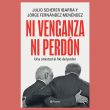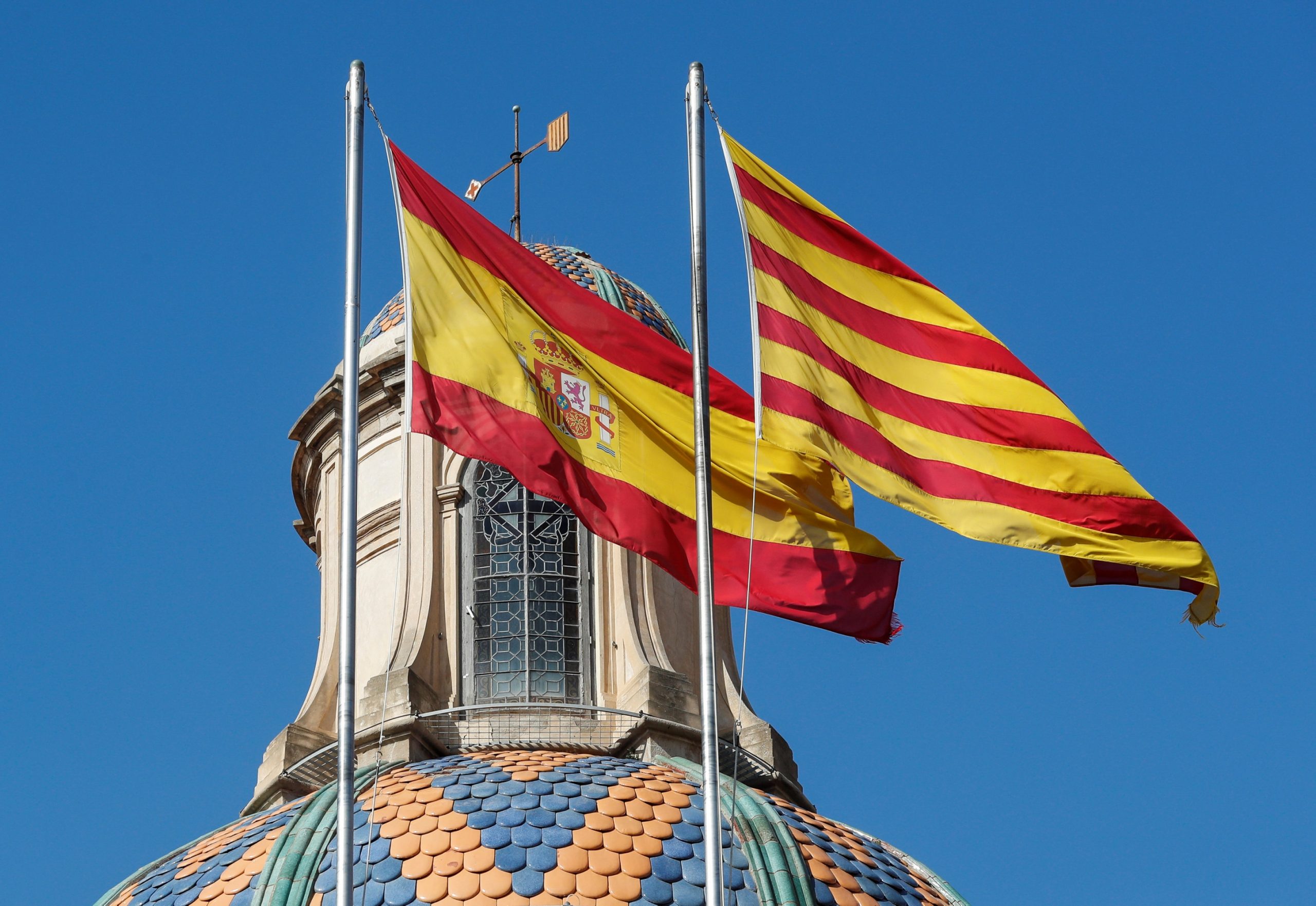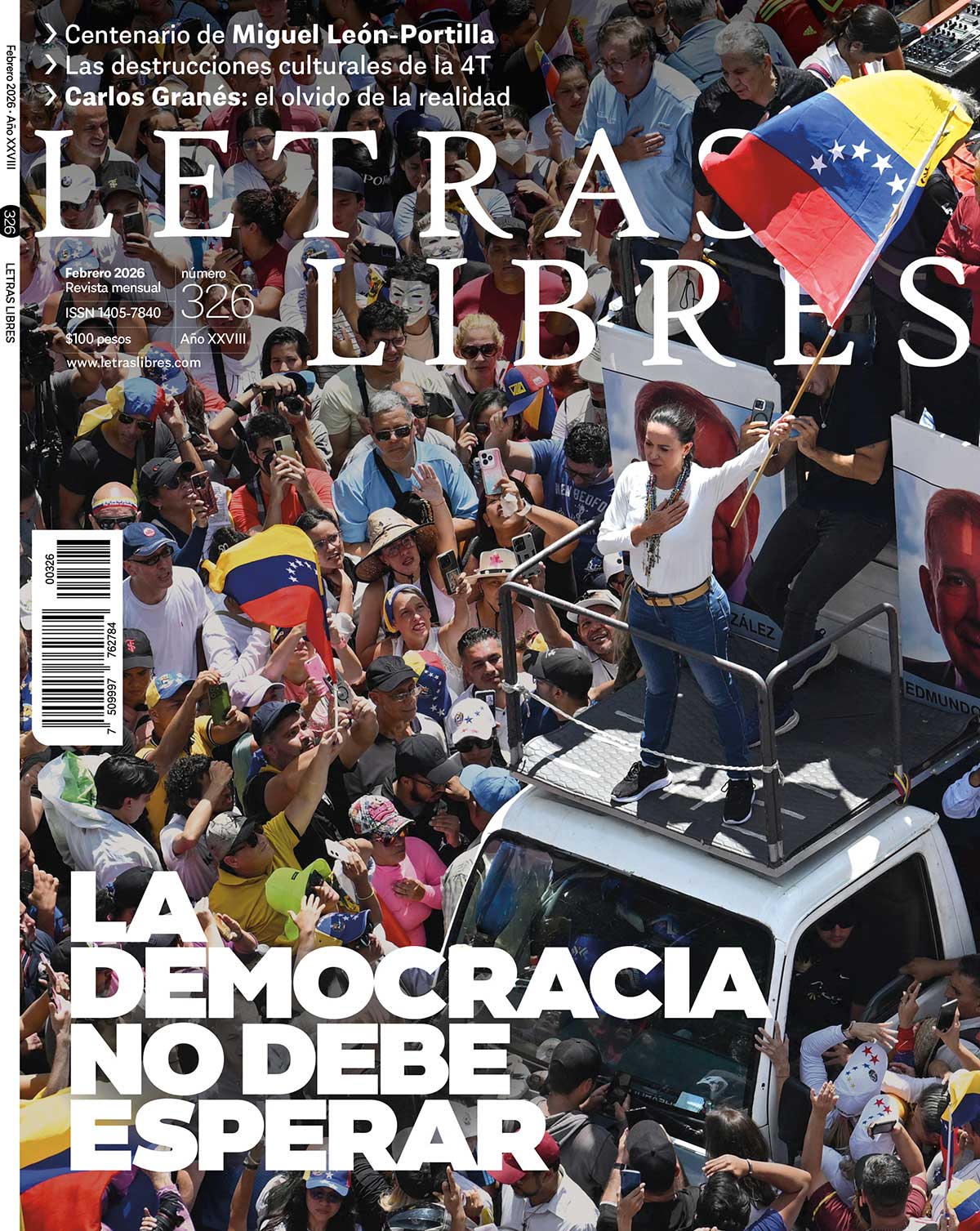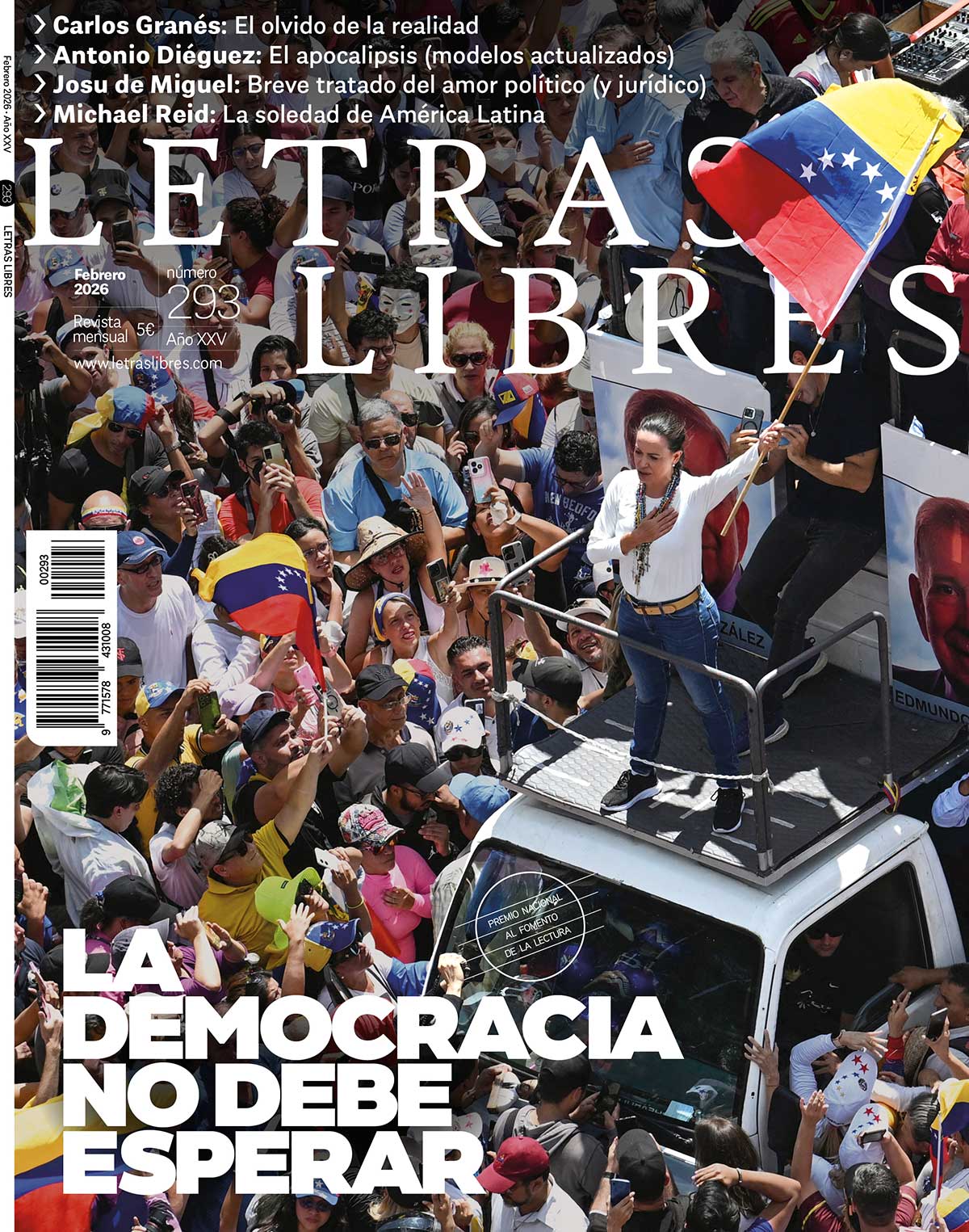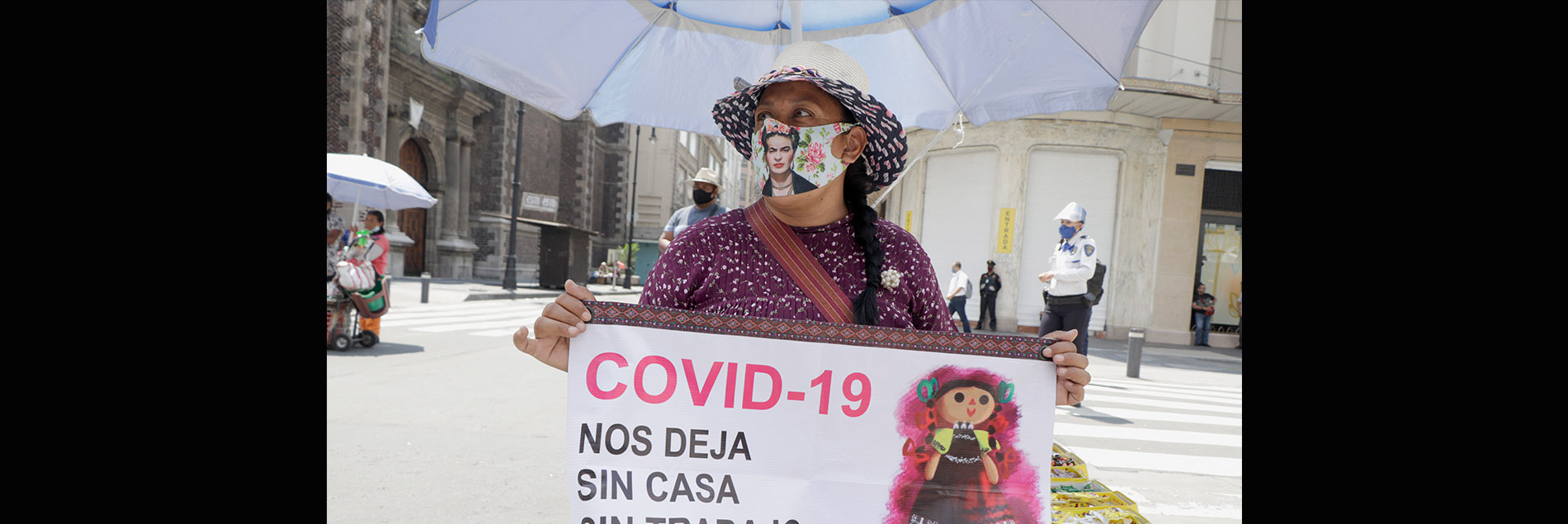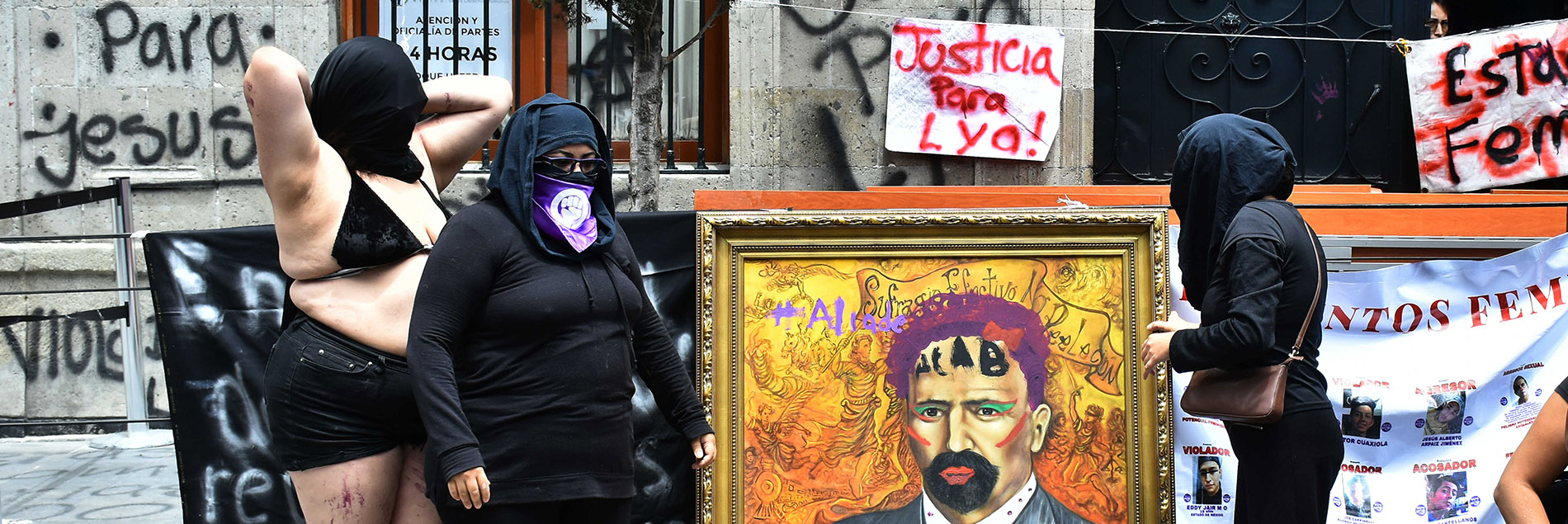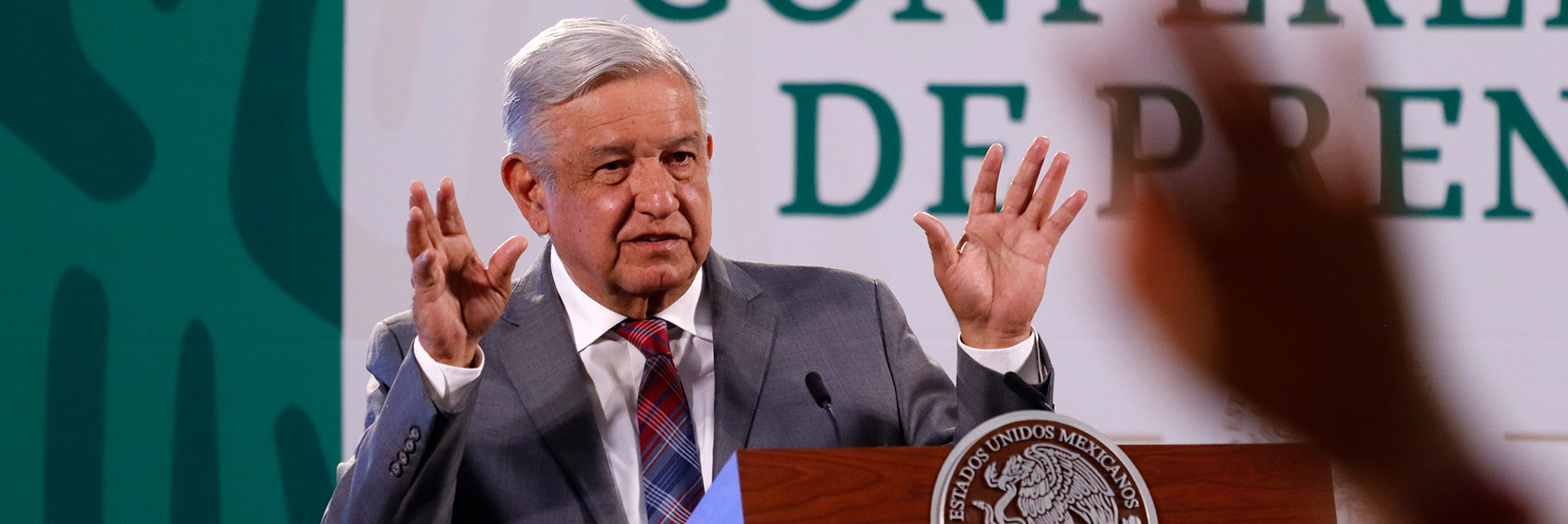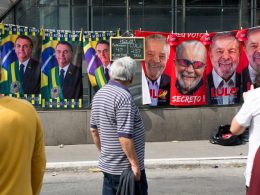In the heat of the battle of Waterloo, nothing could be further from the young Fabrizio del Dongo than to imagine the mere possibility of those elegant balls that filled the hours at the Vienna Congress. These days, in Barcelona, the banging of pot and pans covers the noise of so many broken things, but nevertheless we must hope that “all these tempests that fall upon us are signs that fair weather is coming shortly, and that things will go well with us, for it is impossible for good or evil to be durable”, as Don Quixote said. We have an obligation to raise our eyes and try to glimpse all possible ways to escape the current quagmire, because this too shall pass.
In mathematics, there is a distinction between two kinds of conditions, the necessary ones and the sufficient ones. To drive from Santander to Oviedo, having a car is necessary, but not sufficient, since gasoline and driving skills are also necessary. For a patio floor to get wet, rain is sufficient, but not necessary, because I can also water it. There are a few conditions needed to solve the complex situation caused by the Spanish territorial organization’s dysfunctions and the insane drift by the Catalan pro-independence movement in charge of the government of Generalitat. Maybe (hopefully) there are some sufficient ones too.
The most obvious necessary condition is to vote. Having reached this point, and despite the unstoppable devaluation of words, it seems evident that an active democratic legitimation of any settlement is indispensable; that is, to vote. The most obvious option is a referendum, but first let us consider what kind of referendum. The defended referendum by the independentists, judging from the two consultations they held —the “participative process” on the 9th of November of 2014 and mainly the illegal consultation on the 1st of October of 2017—, would be basically an answer to a straight question on independence, like the Scottish referendum in 2015, and as stipulated by Canada’s Clarity Act in 2000. The objections to such a referendum are evident, starting from the troubles it entails for our constitutional order. But let us assume that the now detected chinks could be leveraged to allow a consultative referendum to meet the demands of Catalan nationalism without breaking —or barely tearing— national sovereignty. It would be to accept the fundamental lie of these last years, because essentially this is not about democracy, but independence, and sovereignism is just a decoy to attract supporters. But, as I said, at this point, let us pretend otherwise. In that case, such referendum would offer a binomial answer for a complex question, forcing the citizens to opt for an identity while rejecting the other, as if they were mutually exclusive, and above all, it would helplessly deliver a very narrow result, with the imminent temptation of demanding a repetition (as we saw both in Quebec and in Scotland and Brexit). Referendums on self-determination are used to ratify an already clear decision on the ground, not to make such decision. A 47-53 result in any direction, which is the most likely, would leave a meagre majority as victor and a big humiliated minority, both highly polarised and mobilized, and a fractured society. It is a difficult result to handle, whoever wins, because the shared framework of coexistence would be seriously damaged, if not destroyed.
Is not that damage already done? Largely it is, but situations can always get worse, and surely a referendum would worsen the present one. So, what should we vote on? A new agreement that lays the foundations of coexistence acceptable for a broad majority of the population. There are many valid proposals, from an additional regulation in the Constitution to more radical amendments. And the conditions under which the pro-independence movement could achieve its goals should be defined, as detailed by Michel Ignatieff in an interview with the Spanish newspaper El Mundo in 2015. That is, to explain that the pro-independence movement fits in the Constitution.
The pro-independence side has no problem with the referendum, because it thinks (and publicly expresses) that, basically, the rest of the Catalans don’t care. They believe they are going to win and that dissenters will calmly accept the democratic verdict, and then, well, moving on (after all, they are just “subjects”). The 8th October anti-independence demonstration was not enough to open their eyes, and they still think that they can create an acceptable framework of coexistence in Catalonia against the will of at least three million people. The embracing of Catalonia’s inner plurality is its most important task, and one more of the necessary conditions to fix this. Because as long as they keep singing Els Segadors instead of Shinny Happy People, it will be hard to believe that this is not an identitary supremacist movement which excludes anyone who does not feel Catalan the right way.
The third necessary condition requires the consolidation of the incipient constitutional patriotism that this crisis seems to ironically reinforce. A Spanish patriotism that embraces the Catalan language and the Catalan flag as their own, that has in Europe a horizon and understands the Constitution as a framework that can be reformed and where we all must fit. A patriotism that must control the high spirits of flags and to permit as many ways to feel Spanish as there are Spaniards, that stipulates that there are neither good nor bad Spaniards. Separatism has rewritten an unquestionable success history, the one of the Spaniards over the last four decades, as a listing of offenses; not even the 1992 Olympic Games were worthy of praise from Mr Puigdemont. The social progress, the political conquests and the sport successes of this brilliant period are a fruit of everyone’s work, prominently including some Catalans, from Miquel Roca and Jordi Solé Tura in the Constitutional committee, to Xavi, Piqué and Busquets in the World Cup. Denying this is to fake history, and it is in those collective successes where we must find the fuel to keep moving forward.
To vote for an ambitious reform of the framework of coexistence, to embrace Catalonia’s inner plurality, to build a new shared pride. None of them is sufficient; all of them are necessary.
[Traducción al inglés de Verónica Puertollano.]
Miguel Aguilar (Madrid, 1976) es director editorial de Debate, Taurus y Literatura Random House.








